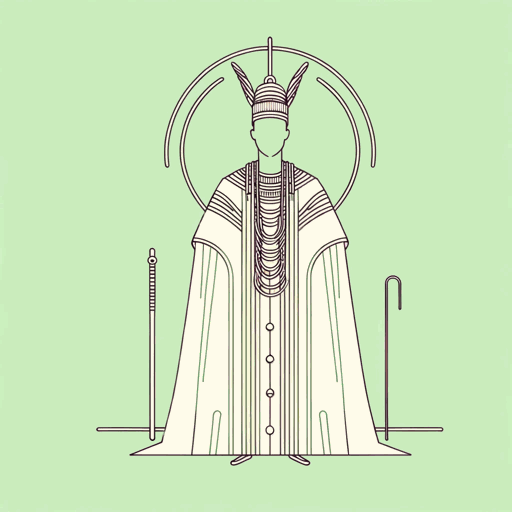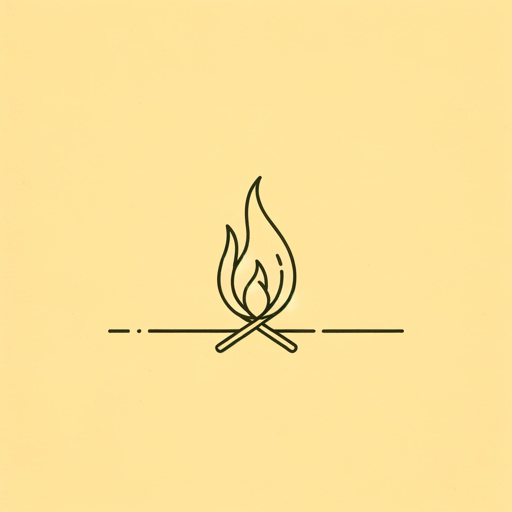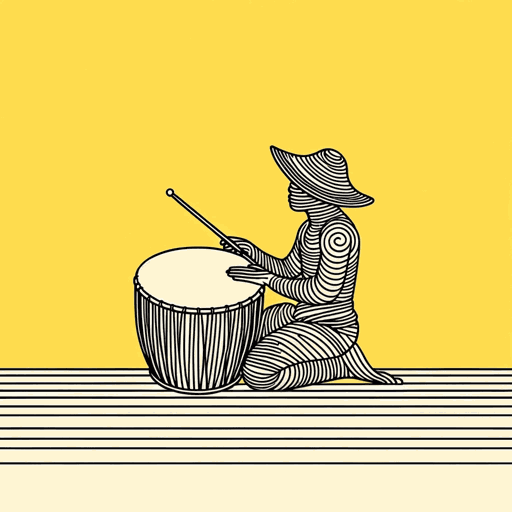40 pages • 1 hour read
Wole SoyinkaDeath and the King's Horseman
Fiction | Play | Adult | Published in 1975A modern alternative to SparkNotes and CliffsNotes, SuperSummary offers high-quality Study Guides with detailed chapter summaries and analysis of major themes, characters, and more.
Themes
Cultural Conflict and the Impact of Colonialism
Content Warning: This section of the study guide references ritual suicide.
Preceding Death and the King’s Horseman is an author’s note in which Soyinka argues against the “reductionist tendency” of using “the facile tag of ‘clash of cultures’” to understand the play’s conflict (5). Instead, Soyinka writes, “The Colonial Factor is an incident, a catalytic incident merely” (6), and the focus should remain on the “threnodic essence” of Elesin’s struggle to come to terms with his mortality. Although cultural differences might not be the ultimate cause of the play’s tragedy, the theme of cultural conflict and the impact of colonialism still drives much of the play’s action. It creates tension as Pilkings tries to stop Elesin’s suicide, and the play’s setting in colonial Nigeria during World War II illustrates the many issues with and contradictions of colonialism.
In Death and the King’s Horseman, characters can be divided into three categories: the British, the Yoruba, and the Yoruba characters like Amusa and Joseph, who have tried assimilating into British culture. Paradoxically, Amusa and Joseph have not succeeded in becoming any more British; rather, they have created a third category, distinct and distanced from both the British and the Yoruba.
Related Titles
By Wole Soyinka
Featured Collections
African Literature
View Collection
Colonialism & Postcolonialism
View Collection
Colonialism Unit
View Collection
Daughters & Sons
View Collection
Dramatic Plays
View Collection
Fathers
View Collection
Mortality & Death
View Collection
Nobel Laureates in Literature
View Collection
SuperSummary Staff Picks
View Collection
Tragic Plays
View Collection
World War II
View Collection





